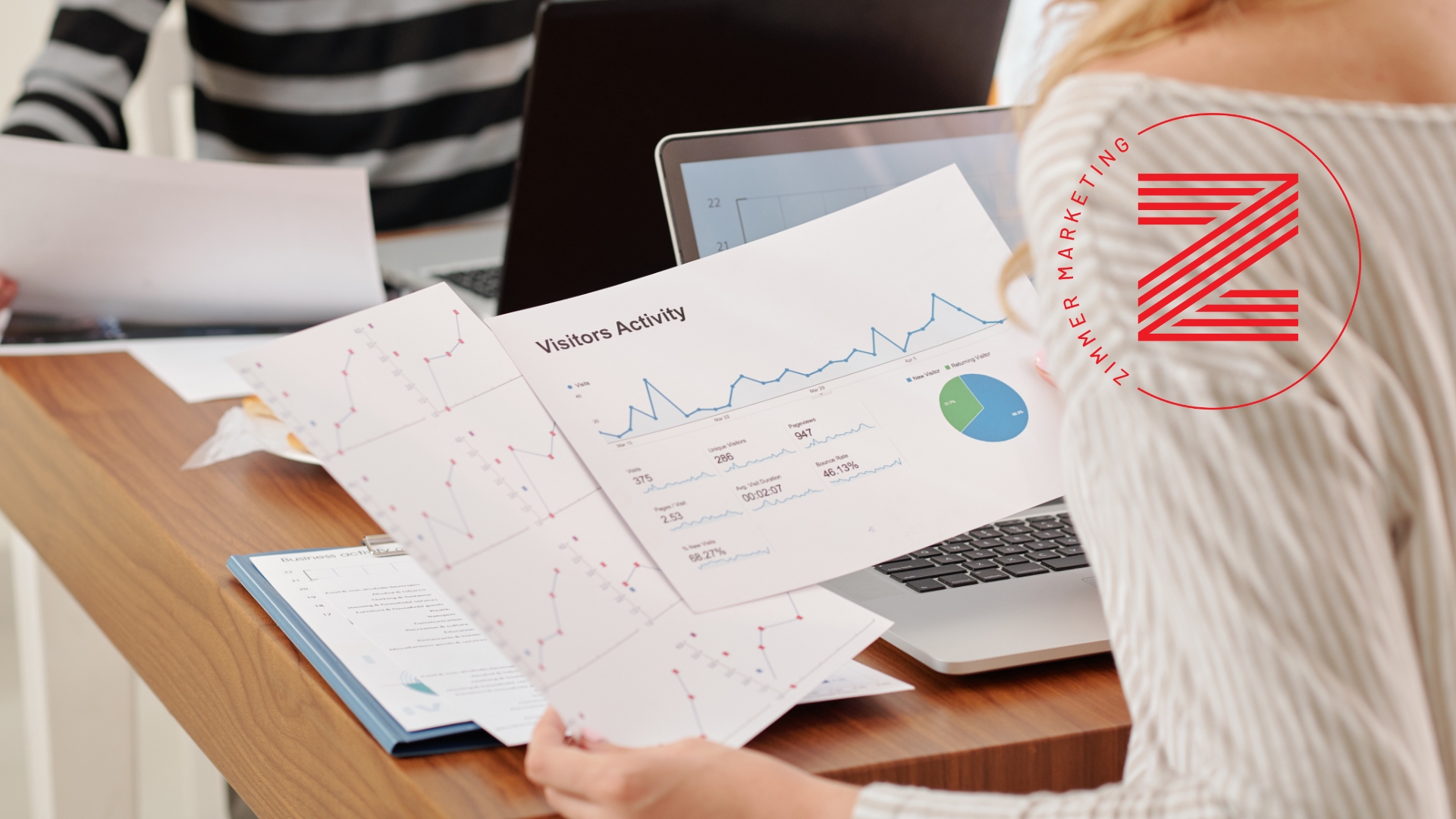
In the fast-paced world of the internet, users demand quick and seamless experiences when browsing websites. If your site is lagging, it frustrates visitors and can impact your search engine rankings because Google prioritizes user experience. Several factors contribute to poor website performance, and understanding them is crucial for optimizing your online presence. This week, we'll explore five common reasons your website might be slow and how to address each issue.
1. Images and Media Files Too Big
Large images and media files are notorious culprits responsible for slowing down websites. High-resolution images and videos consume more bandwidth, leading to longer loading times. To remedy this, consider compressing images without compromising quality. Consider the displays your web visitors will be viewing your website on. Ensure that your image files are large enough to appear clear and unpixelated but not so big that they negatively impact site performance.
2. Unoptimized Code
Messy and unoptimized code can significantly hinder website performance. Bloated or redundant code can slow down browser rendering and increase the time it takes for your pages to load. Sites built on drag-and-drop website creation platforms often need help with this issue due to the one-size-fits-all nature of the programs and templates. Having your websites built by professionals is the best way to negate the problems with unoptimized code. It's important to audit your site and remove junk code whenever possible to keep it moving smoothly.
3. Poor Server Performance
The performance of your web hosting server plays a crucial role in the speed of your website. Even a well-built website can be slowed down by a bad server. If your server is slow or experiences frequent downtime, it directly impacts the user experience. Consider upgrading your hosting plan or opting for a dedicated server.
4. External Embedded Media
While embedding external media such as videos and widgets can enhance your website's functionality, it can also introduce performance issues. External content relies on third-party servers; your website will be affected if they are slow or experiencing problems. Evaluate the necessity of external media and consider hosting critical elements on your server. If third-party content is unavoidable, use asynchronous loading to prevent it from blocking the rendering of your page.
5. Unoptimized for Mobile
Because most internet users access websites from mobile devices, optimizing your site for mobile performance is essential. A responsive design ensures that your site adapts seamlessly to various screen sizes. Compress and optimize images for mobile viewing and implement mobile-specific optimizations such as touch-friendly navigation. Google's PageSpeed Insights can provide valuable insights into mobile optimization improvements.
Build a Fast Website with Zimmer Marketing
If you have a slow business website and are ready to speed it up and optimize it for mobile, the web team at Zimmer Marketing is here to help! We can assist you in exploring marketing opportunities and will craft the perfect website to achieve your business objectives!
